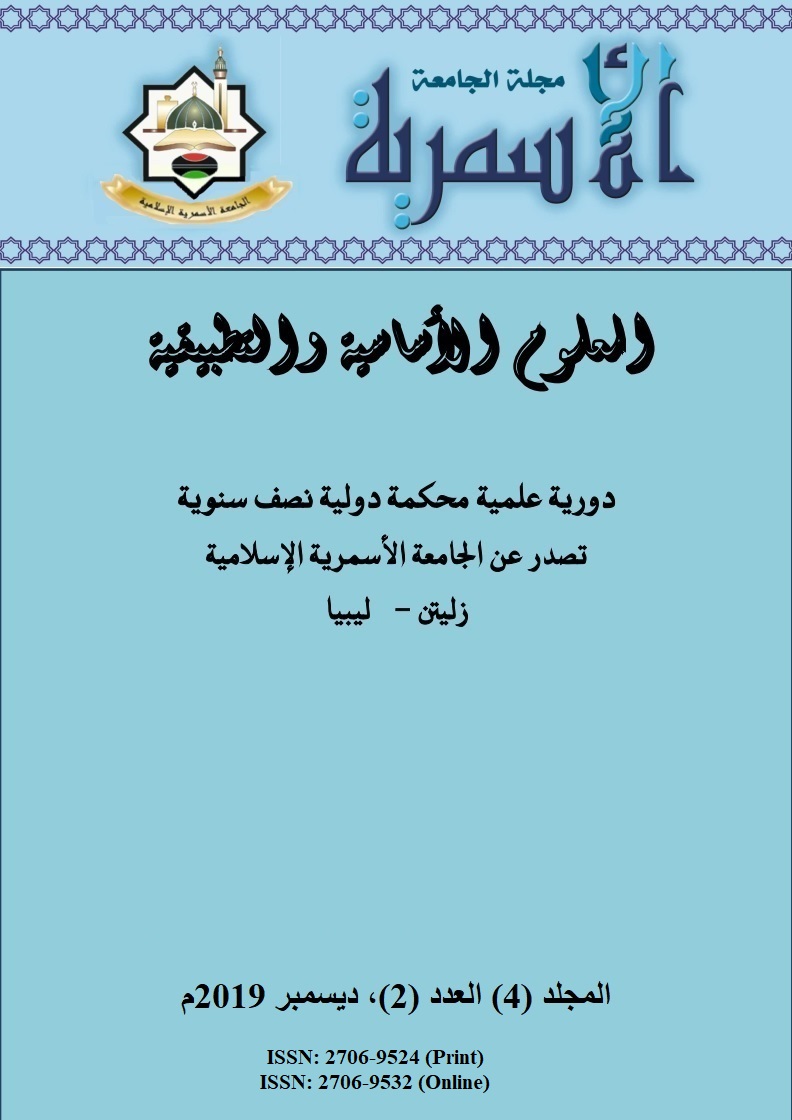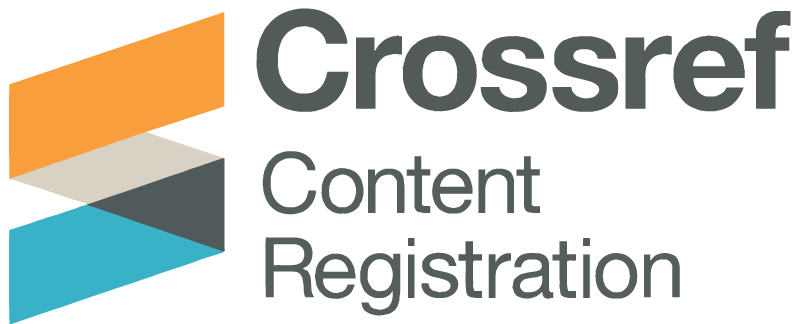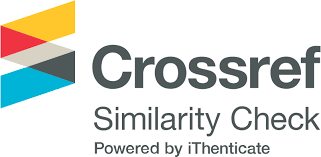VALIDATION OF QUALITY CULTURE FRAMEWORK PROPOSED FOR LIBYAN MANUFACTURING COMPANIES: LEADERSHIP VARIABLE
DOI:
https://doi.org/10.59743/aujas.v4i2.1162الكلمات المفتاحية:
QMS، quality culture، leadership، MBNQAالملخص
The paper validates the Leadership variable of the quality management system (QMS) framework proposed for Libyan manufacturing companies. Five Libyan companies participated in the validation process, and followed the implementation process for a period of six months. Self-assessment had been designed based on literature reviews and author previous researches. Pre-implementation leadership values obtained in this study less than 50% of the Malcolm Baldrige National Quality Award scores (MBNQA), these scores reflect the need to concentrate on both senior leadership and governance and societal responsibilities to improve the leadership criterion. The leadership values obtained six months after-implementation ranges from 33 to 58%. Four companies have an effective systematic approach which is responsive to the basic requirements of the leadership item, and their position in leadership item is equivalent to companies who are in the early stages of deployment. Meanwhile, one company has an effective systematic approach which is well developed and responsive to the requirements of leadership item.
المراجع
Tata, J. and S. Prasad, Cultural and structural constraints on total quality management implementation. Total Quality Management, 1998. 9(8): p. 703-710. DOI: https://doi.org/10.1080/0954412988172
Najeh, R.I. and C. Kara-Zaitri, A comparative study of critical quality factors in Malaysia, Palestine, Saudi Arabia, Kuwait and Libya. Total Quality Management, 2007. 18(1-2): p. 189–199. DOI: https://doi.org/10.1080/14783360601053400
Sayeh, F.S., S. Dani, and E. Swain. TQM management culture within Libyan organisations. in Quality Conference. 2005. Tripoli, Libya.
Bugdol, M., The implementation of the TQM philosophy in Poland. The TQM Magazine, 2005. 17(2): p. 113-120. DOI: https://doi.org/10.1108/09544780510583191
Shokshok, M.A., M.N. Ab Rahman, and D. Abd Wahab, Diagnosing culture variables to enable successful TQM implementation in Libyan manufacturing companies World Applied Science Journal (WASJ), 2011. 12(6): p. 903-911.
Shokshok, M.A., Quality Culture Framework Proposal for Libyan Industrial Companies. World Academy of Science, Engineering and Technology, International Journal of Social, Behavioral, Educational, Economic, Business and Industrial Engineering, 2014. 8(7): p. 2236-2239.
Shokshok, M.A., QMS Implementation Flow chart for libyan Manufacturing Companies, in First Confrence of Industrial Technology 2017: The College of Industrial Technology, Misurata, Libya.
Shokshok, M.A. and O.A.A. Khrais, Valadating Quality System Framework Through Preimplemntation Procedures in Local and International Companies. Journal of Alasmarya University, 2019. 36(1): p. 32-42. DOI: https://doi.org/10.59743/aujas.v4i1.1233
Chin, K.S. and B.G. Dale, A TQM implementation framework for Hong Kong manufacturing industries. Final Report on HKSAR Government, City University of Hong Kong, Hong Kong. 2000: p. 95.
Chin, K.S. and K.F. Pun, A proposed framework for implementing TQM in Chinese organisations. The International Journal of Quality and Reliability Management, 2002. 19(3): p. 272-294. DOI: https://doi.org/10.1108/02656710210415686
Ab Rahman, M.N. and J. Tannock, Self-assessment and Mini-TQM framework for Malaysian SMEs. Jurnal Produktiviti, 2008. 25: p. 1-10.
Shokshok, M.A. and O.A. Abu Krais, An Investigation of Quality Practices in Libyan Industrial Companies. World Academy of Science, Engineering and Technology, International Journal of Social, Behavioral, Educational, Economic, Business and Industrial Engineering, 2015. 9(8): p. 2745-2751.
Ab Rahman, M.N., The development of a quality management framework for Malaysian small and medium enterprises, 2004, University of Nottingham: Nottingham, England. p. .
Jung, J., et al., The effect of organisational culture stemming from national culture towards quality management deployment. The TQM Journal, 2008. 20(6): p. 622-635. DOI: https://doi.org/10.1108/17542730810909374
Lau, R.S.M., X. Zhao, and M. Xiao, Assessing quality management in China with MBNQA criteria. International Journal of Quality & Reliability Management, 2004. 21(7): p. 699-713. DOI: https://doi.org/10.1108/02656710410549064
Malcolm Baldrige National Quality Program, Criteria for performance excellence. National Institute for Standards and Technology (NIST). 2010. 2010(16 December).
Shokshok, M.A., Quality Culture Framework Proposal for Libyan Industrial Companies. World Academy of Science, Engineering and Technology, International Journal of Social, Behavioral, Educational, Economic and Management Engineering, 2014. 8(7): p. 2227-2230.
Arumugam, V., et al., Self-assessment of TQM practices: A case analysis. The TQM Journal, 2009. 21(1): p. 46-58. DOI: https://doi.org/10.1108/17542730910924745
Feng, J., et al., The impact of TQM practices on performance: A comparative study between Australian and Singaporean organizations. European Journal of Innovation Management, 2006. 9(3): p. 269-278. DOI: https://doi.org/10.1108/14601060610678149
Prajogo, D.I. and C.M. McDermott, The relationship between Total Quality Management practices and organisational culture. International Journal of Operations & Production Management, 2005. 25(11): p. 1101-1122. DOI: https://doi.org/10.1108/01443570510626916
التنزيلات
منشور
كيفية الاقتباس
إصدار
القسم
الرخصة
الحقوق الفكرية (c) 2019 د. مصطفى شكشك

هذا العمل مرخص بموجب Creative Commons Attribution 4.0 International License.
تتعلق الحقوق بنشر وتوزيع البحوث المنشورة في مجلة الجامعة الأسمرية، حيث توضح للمؤلفين الذين نشروا مقالاتهم في مجلة الجامعة الأسمرية، كيفية استخدام أو توزيع مقالاتهم، والاحتفاظ بجميع حقوقهم في المصنفات المنشورة، مثل (على سبيل المثال لا الحصر) الحقوق التالية:
- حقوق الطبع والنشر وحقوق الملكية الأخرى المتعلقة بالمقال المقدم، مثل حقوق براءات الاختراع.
- استخدام البحث المنشور في مجلة الجامعة الأسمرية في الأعمال المستقبلية الخاصة بالمؤلفين، بما في ذلك المحاضرات والكتب، والحق في إعادة إنتاج المقالات لأغراضهم الخاصة، والحق في الأرشفة الذاتية لمقالاتهم.
- الحق في الدخول في مقال منفصل، أو للتوزيع غير الحصري لمقالاتهم مع الإقرار بنشره الأولي في مجلة الجامعة الأسمرية.
الحقوق الفكرية: وفق الرخصة الدولية للأعمال الإبداعية المشاعة، النسخة 4.0.
بيان الخصوصية: سيتم استخدام الأسماء وعناوين البريد الإلكتروني التي تم إدخالها في موقع مجلة الجامعة الأسمرية للأغراض المذكورة فقط والتي استخدمت من أجلها.










